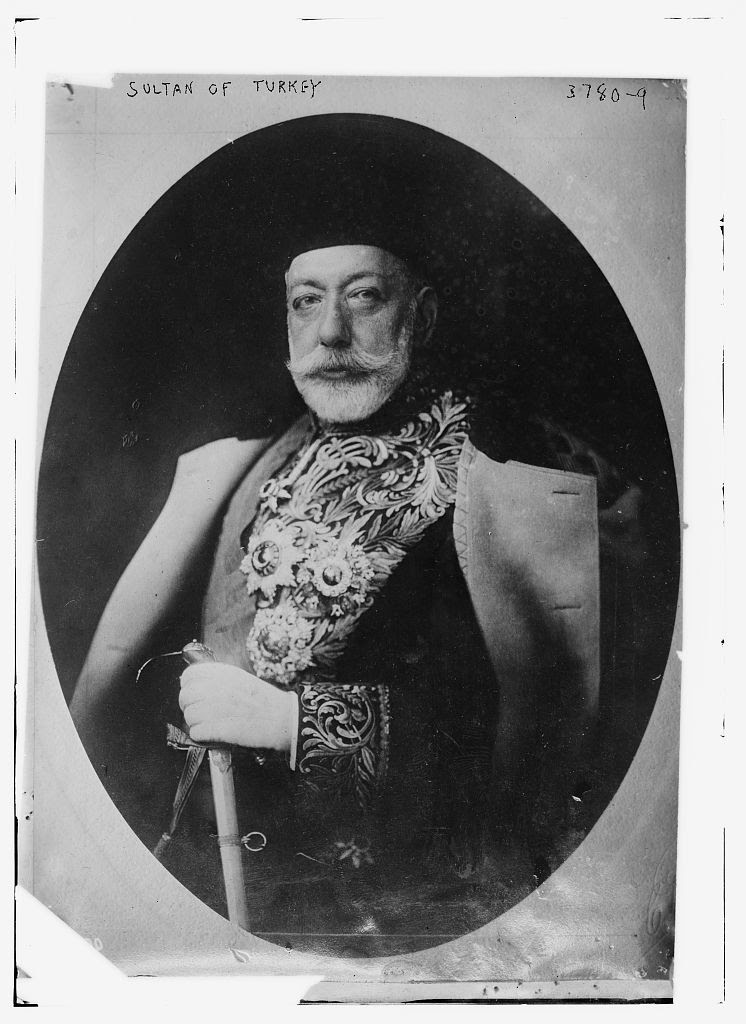
One hundred years ago today, on Wednesday 15 July 1914, Martin the Mancunian railwayman might have taken some encouragement from a piece in the Manchester Guardian he shared with his workmates.
Headlined “Franco-German Friendship. Socialist Hopes and Beliefs”, it reported on a congress in Paris of supporters of a Unified Socialist movement, preparing for a full Congress to take place in Vienna the following month.
It was heartening to see the socialists working for unity across the Franco-German border. It was only that week that he’d been reading about Hansi, the artist who’d had to flee German-occupied Alsace because he’d agitated for its reincorporation into France. It would take a movement like socialism, with its inherently internationalist standpoint, to break down that kind of tension and guarantee the peace Europe badly needed to maintain. That the world needed. A French delegate in Paris, Mr Renandez, had said as much: “it was Socialism alone which was qualified to speak in the name of all countries.”
There had been a British presence too, a Bruce Glasier, speaking for the British Independent Labour Party. Not the mainstream Labour Party, perhaps, but not far distant. It made him proud to be associated with such people.
 |
| Mehmet V, Sultan of Turkey A new agreement with Britain? |
Meanwhile, it seemed that Britain was about to sign an agreement with Turkey. That felt dubious: Turkey’s behaviour towards the Greeks hadn’t been exactly exemplary (but then the Greeks had been pretty nasty back). Still, better to have bonds between nations than unresolved tensions: things would be best with peace and prosperity, so on balance he was glad that the Turkish Minister Talaat Bey had told a correspondent “... a complete agreement has been arrived at between the British Ambassador, Sir Louis Mallet, and ourselves, and that the agreement is on the point of being signed.”
“Arms for Dublin” was a less welcome headline. There’d been another seizure at the Isle of Man. If those weapons were heading for Dublin, then presumably they were for the nationalists, perhaps in response to the stocks being built up by Edward Carson’s Ulstermen.
“It’s always the same,” complained Martin, “we get some moves towards peace on the Continent, and then Ireland comes and bites us in the back.”
“Well, it’s our own fault,” said the Cynic, “take it out on Oliver Cromwell and William III. The sooner England gets out of Ireland, and that includes Ulster and its suspect loyalists, the better.”
“Hey, what sort of talk is that?” said one of the younger men. “Ireland is English, you know.”
“Tell that to the Irish. The armed Irish.”
There was a glimmer of hope over the Women’s suffrage question, but only a glimmer.
The foreign delegates to the International Suffrage Conference, which is being held in London, were received at the House of Commons yesterday afternoon by members of the party in the House in favour of women’s suffrage, comprising Liberal, Unionist, Nationalist, and Labour members.
Lord Robert Cecil and Mr. Ramsay MacDonald both expressed the opinion that the time was not far distant when women would be enfranchised. Mr. Acland (Under Secretary, Foreign Office) said he was convinced that the next Government would be obliged to deal with the question of women’s suffrage as a party measure in some shape or form.
So the only one who could have done something about the question, Francis Dyke Acland, a Minister in the current government, had put it off as a matter for the next. Even Robert Cecil, for the Conservatives, and Ramsay MacDonald, for Labour, neither of them in office, could only say that the time was “not far distant”.
“Jam tomorrow,” said the Cynic, “you want something now from government? You have to hold their feet to the fire.”
And then – what was this? “Lancashire did well to draw with Derbyshire at Derby yesterday.” The teams had last met only a few days earlier and Lancashire had won comprehensively. And now they had to “do well” just to secure a draw? Dismal.
Whatever else he would look back on 1914 for, it clearly wasn’t going to be with pleasure over the cricket.
2 comments:
They're all cousins aren't they? Mehmet V and George V for instance.
San
Great family name that, V. Do you think it's derived from "Victoria"?
Post a Comment